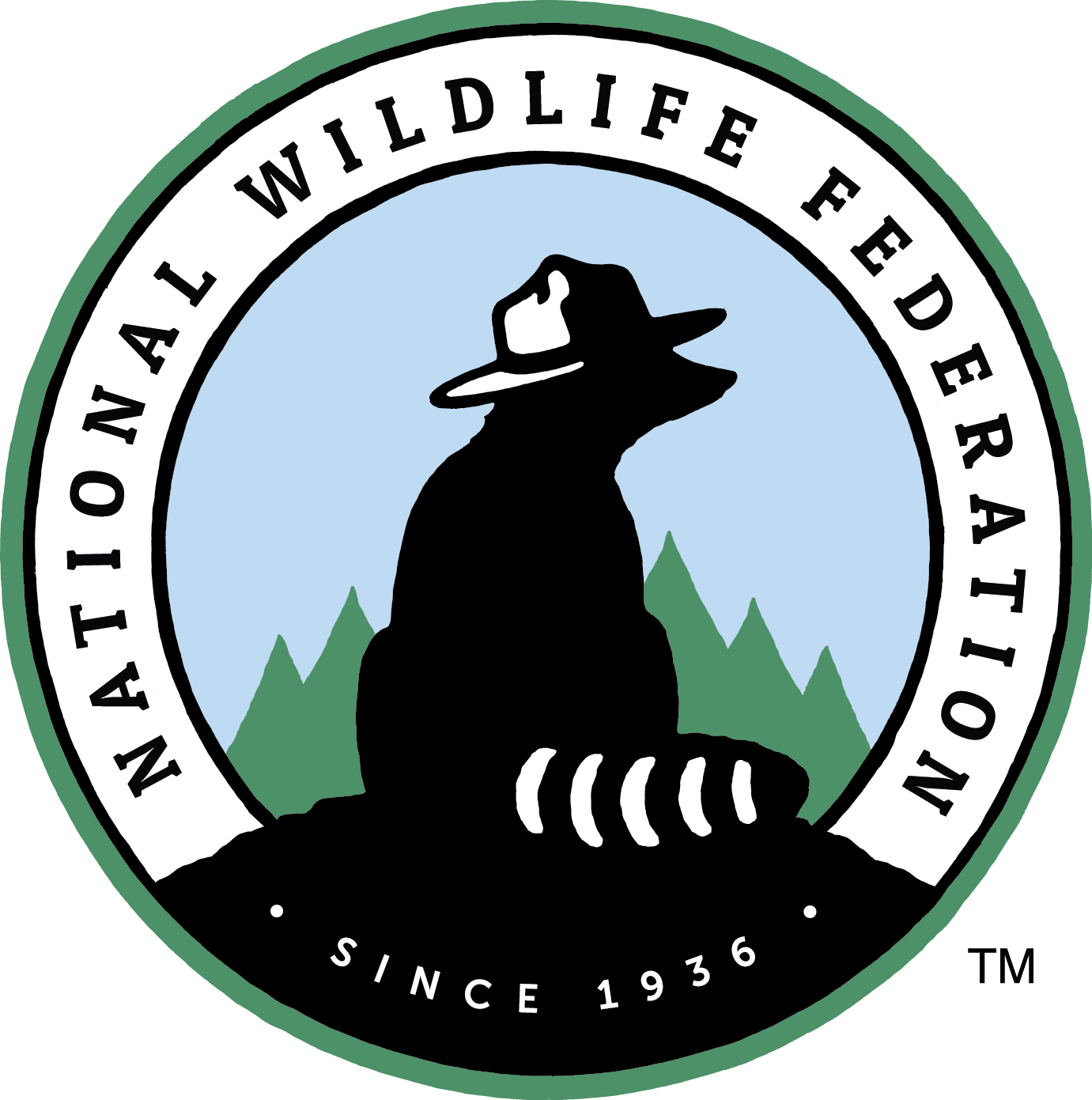Number: 1977-03
WHEREAS, the sane and intelligent use of pesticides can bring benefits to all Americans; and
WHEREAS, the improper use of pesticides can result in immediate poisoning, kidney and liver damage, lowered resistance to disease, damage to the central nervous system, cancer, genetic mutations, and birth defects with enormous human, societal and monetary costs; and
WHEREAS, pesticides have proven harmful to many species of fish and wildlife; and
WHEREAS, the outright costs of pesticides continue to rise each year; and
WHEREAS, farmers and foresters often have been advised to use pesticides routinely whether or not there was evidence of the presence of a pest; and
WHEREAS, pressures to purchase pesticide have continued long after the target pest became resistant to the pesticide and pesticide users have been urged to purchase quantities well in excess of actual need; and
WHEREAS, great progress has been achieved in the development of biological control for many pests and integrated pest management practices have been proven successful;
NOW, THEREFORE, BE IT RESOLVED that the National Wildlife Federation, in annual meeting assembled March 24-27, 1977, in Washington, D.C., hereby urges the responsible executive agencies of the Federal Government to adopt a coordinated national policy on pesticide use, expeditiously reducing the human, wildlife, and environmental health hazards cause by improper pesticide use by the timely application of existing law and reducing the excessive costs of pesticide use through education, tighter controls on the application of pesticides, and closer examination of the safety and effectiveness of pesticides; and
BE IT FURTHER RESOLVED that this organization urges the Congress to support a safe and sane pest control program, providing adequate funds to more rapidly develop biological pest control measures and to accelerate such integrated pest management practices through such measures as induced sterility, genetic manipulation, the use of attractants and repellents, hormones, biologic and chemical agents, physical quarantines, seed certification and seed laws as appropriate to specific pest problems.
